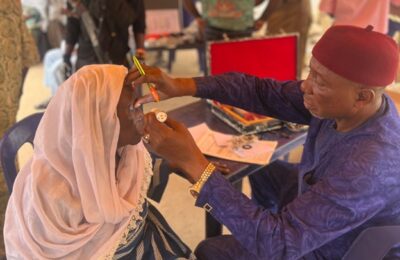The National Drug Law Enforcement Agency, NDLEA, yesterday destroyed a total of 13372.209 kg of cannabis sativa worth over N150 million in Lokoja, the Kogi State Capital .
The Chairman and Chief Executive Officer of NDLEA, Alhaji Ahamdu Giade who disclosed this while speaking at the destruction site at Zango Daji, along lokoja- Okene road, stated that the war against drugs and narcotic substances is a collective responsibility of all and not government alone .
Giade said that a total of 13372.209 of drug set for destruction includes cannabis sativa, otherwise called hemp which constitutes large chunk of Indian drugs with 13319.829kg, Diazepam is 3.40kg , Rohypnol 180gms , Tramdol 850grms and volite solvent 47.950kg ‘
He pointed out that these statistics attest to the fact that cannabis is the most abused drug in the country, stressing that it is also an indication of the abuse of pharmaceutical drugs with psychotropic contents.
The chairman stated the entire drugs were seized by the Kogi State Command of the agency, during raid by motorised patrol of highways, noting that Kogi is a crucial gateway between cannabis cultivating states in the South West and northern states to other parts of the country.
Giade therefore called on all stakeholders and agents of socialisation to support NDLEA and actively engage in drug control programmes. He also urged the parent and teachers to educate the children on the dangers of drug trafficking and abuse.
He called on Kogi State Government to support the agency in the area of provision of operational vehicles for the state command.
The Kogi State Commander of NDLEA, Alhaji Idris Mohammed Bello disclosed that a total of 10001.26 kg of narcotic drugs and psychotropic substance seized between 2004 -2011 were destroyed, noting the between the 2011 -2014 at total 13372.209 kg were seized and cases concluded.
Bello explained that the drug problem is growing at an alarming rate, stressing that it could be due to geographical location of the state that renders it precious to drug activities which he said is a threat to social economic development.




